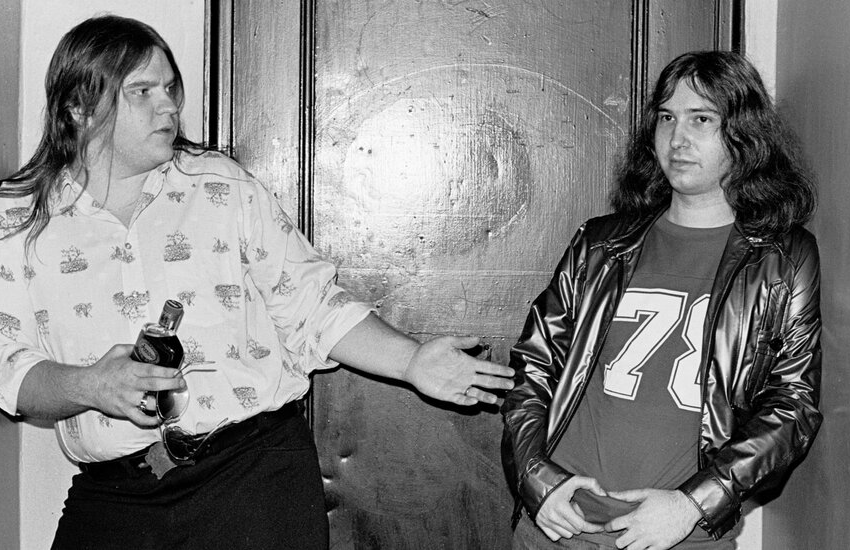One of those admirers was the artist Todd Rundgren, who, under the mistaken impression that Meat Loaf and Steinman had a record deal, agreed to produce “Bat Out of Hell.” (When the truth came out, he also agreed to fund the recording himself.) In the fall of 1975, the musicians convened at Bearsville Studio in Woodstock, N.Y., where they were joined by members of Rundgren’s band Utopia, as well as Weinberg and Roy Bittan, the piano player for the E Street Band.
Sulton said the group “all had a hand” in how the songs were arranged. “My first time hearing ‘Paradise,’ I remember thinking ‘it’s obvious what the song is,’” he said. “It’s kind of a boogie-woogie shuffle, and then there’s the Phil Spector part, and then there’s a bit of ‘Thunder Road.’ The song laid itself out for us in its entirety with just Jim playing the piano, and Meat Loaf singing it live.”
After rehearsals, the band recorded “Paradise” in sections, without vocals. Weinberg said Steinman pushed him to play “like an out-of-control teenager.” “Teenage drumming is overplaying and very histrionic; it’s like a spice, because it’s not something you want to do all the time,” he said. “But he would tell me to hit those things so hard they fall over, and you can hear it in ‘Paradise.’ By the end of it, I’m just slamming away at the cymbals.”
Foley’s singing parts were recorded in one take. “I did my part individually, but I had Meat come into the room so that I could act, and sing at him,” she said. “We were both in character; he was that poor, frightened, horny guy.” Dodd, who was one of the few people in the room when Meat Loaf recorded his own vocals, said Meat Loaf also performed in character as he sang. The initial recording was originally longer, clocking in at around 11 minutes; Dodd said about three minutes of background vocals at the song’s outro were cut out.
Even with a completed album, Meat Loaf and Steinman had difficulty finding a record deal. Dodd recalled the record executive Clive Davis telling Steinman “that he had to learn how to write rock ’n’ roll.” But the album was eventually accepted and released by the executive Steve Popovich’s Cleveland International Records, and it slowly gained traction upon its 1977 release. Its popularity was boosted by a promotional video clip for “Paradise,” in which Meat Loaf and the singer Karla DeVito — lip syncing over Foley’s vocals — performed onstage.
In the 2011 book “I Want My MTV,” Meat Loaf said he secured the video placements before midnight showings of “The Rocky Horror Picture Show.” “That is still the number one selling album in the history of Holland, and I never played there,” he said. “It’s all because of the ‘Paradise by the Dashboard Light’ video.”










